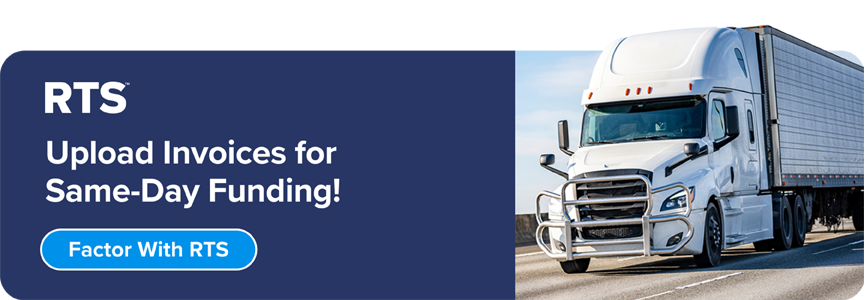
Factoring is when factoring firms purchase your open invoices. You usually receive payment for those invoices within 24 hours. The factoring company then collects payment on those invoices from your customers. Factoring is sometimes referred to as accounts receivable financing.
The main reason that companies factor is to get paid on their invoices quickly, rather than waiting the 30, 60 or sometimes 90 days it often takes a customer to pay. How much a company factors will depend on their unique business needs. Some companies factor all of their invoices, while others factor only invoices for customers that traditionally take longer to pay. With factoring services, companies get the increased cash flow they need to pay employees, handle customer orders and take on more business.
What is Factoring: Video
How Does Factoring Work?
Factoring can be explained in five easy steps:
- You perform a service for your customer.
- You send your invoice to a factoring company.
- You receive a cash advance on your invoice from the factoring company, typically within 24 hours.
- The factoring company collects full payment from your customer
- The factoring company pays you the rest of your invoice amount, minus a small fee.
Additional benefits of factoring:
- Free back-office support, including managing your collections
- Based on the quality of your customers’ credit, not your own credit or business history
- Customized and managed to provide capital when your company needs it
- No debt incurred (unlike traditional loans)
- Scalable - the amount of funding available grows with your company
Contact Us About Factoring Services
Which Companies Use Factoring?
Companies of all sizes, from single-person businesses to Fortune 500 corporations, use factoring services as a way to build cash flow. Factoring is commonly used across multiple industries - trucking, transportation, manufacturing, government contracting, textiles, oilfield services, health care, staffing and more. Many companies use the cash generated from factoring to pay for inventory, buy new equipment, add employees, expand operations or any expenses related to operating the business.

How Much Does Factoring Cost?
Factoring firms make money on the factoring fees for each invoice. Different factors have different fee structures. Some only charge an overall factoring fee that is determined by the monthly volume of submitted invoices and the creditworthiness of a customer's clients. Some factoring providers have additional fees that cover money transfers, collateral and other operational costs. When choosing a factoring company, pay close attention to the fee structure. Make sure the factor you work with is upfront about the fees they charge.
Are There Different Kinds of Factoring?
The two main types of factoring are recourse and non-recourse. Recourse factoring means the factoring customer will ultimately take responsibility for the payment of an invoice if the factoring company cannot collect payment from the debtor (the customer's client). Non-recourse factoring means the factoring company assumes the majority of the credit risk for collecting on an invoice. Some factoring firms offer both recourse and non-recourse options. There are usually stipulations tied to non-recourse factoring, which typically has a higher factoring rate, so make sure you understand exactly what the non-recourse terms are before choosing this option. For more information, see our article on the difference between recourse and non-recourse factoring.
Factoring versus a Traditional Bank Loan
Factoring differs from a bank business loan or line of credit in many ways:
Factoring | Bank Loan |
|---|---|
The amount of money you can finance grows as your receivables grow. | The money you borrow comes with a cap or a limit. |
Factoring is not a loan. You assume no debt. | You repay principal and interest on your loan. |
You can qualify for factoring regardless of your credit score; most factors are more concerned with your customers’ credit strength. | Qualifying for a loan requires a review of your company’s financials, assets and liabilities, and credit history. |
It can take less than five days to set up an account. | Securing a loan or line of credit takes between one and two months. |
Funding can take place within 24 hours. | Once your loan is approved, you have immediate access to those funds. |
Minimal paperwork and documentation are required to start factoring. | Extensive paperwork, financial statements and personal information are required. |
Some factors handle collections of your accounts receivable and provide additional back-office services. | No accounts receivable or back office services are provided. |
Rates can be adjusted as you finance more money through factoring. | Your annual percentage rate is locked long-term, or for the life of the loan. |
Some factors provide credit reports and other information on your existing and potential customers. | No credit services provided, which means you manage your own credit policy. |